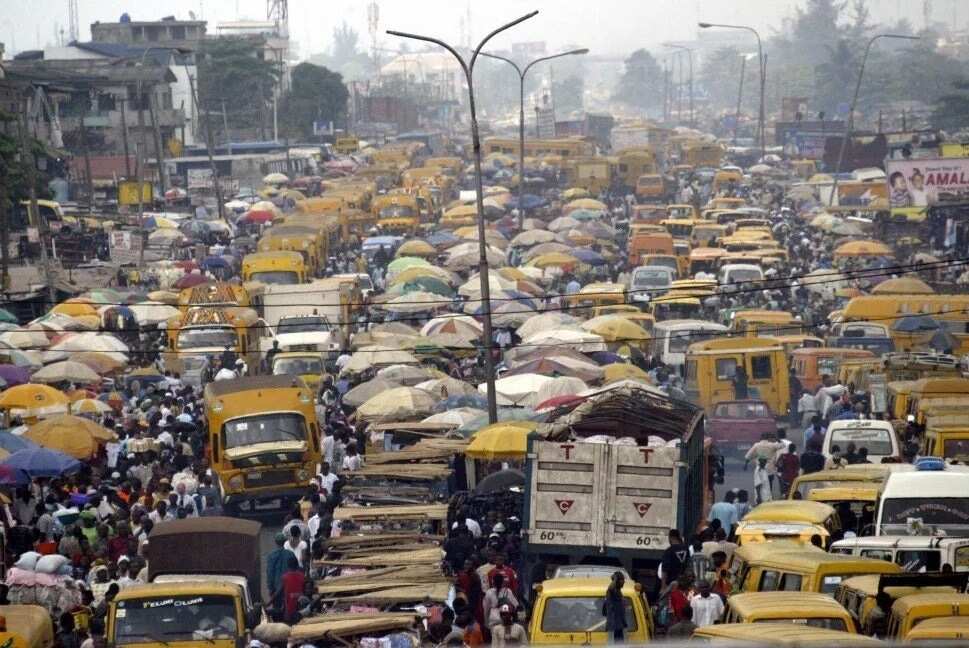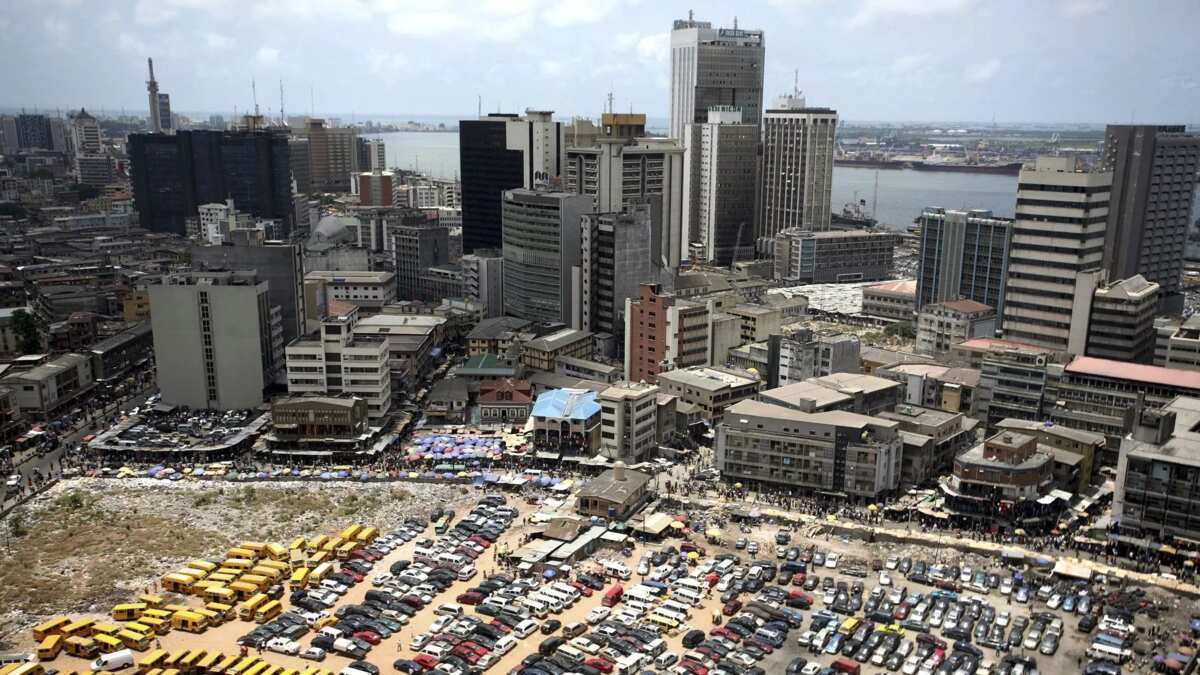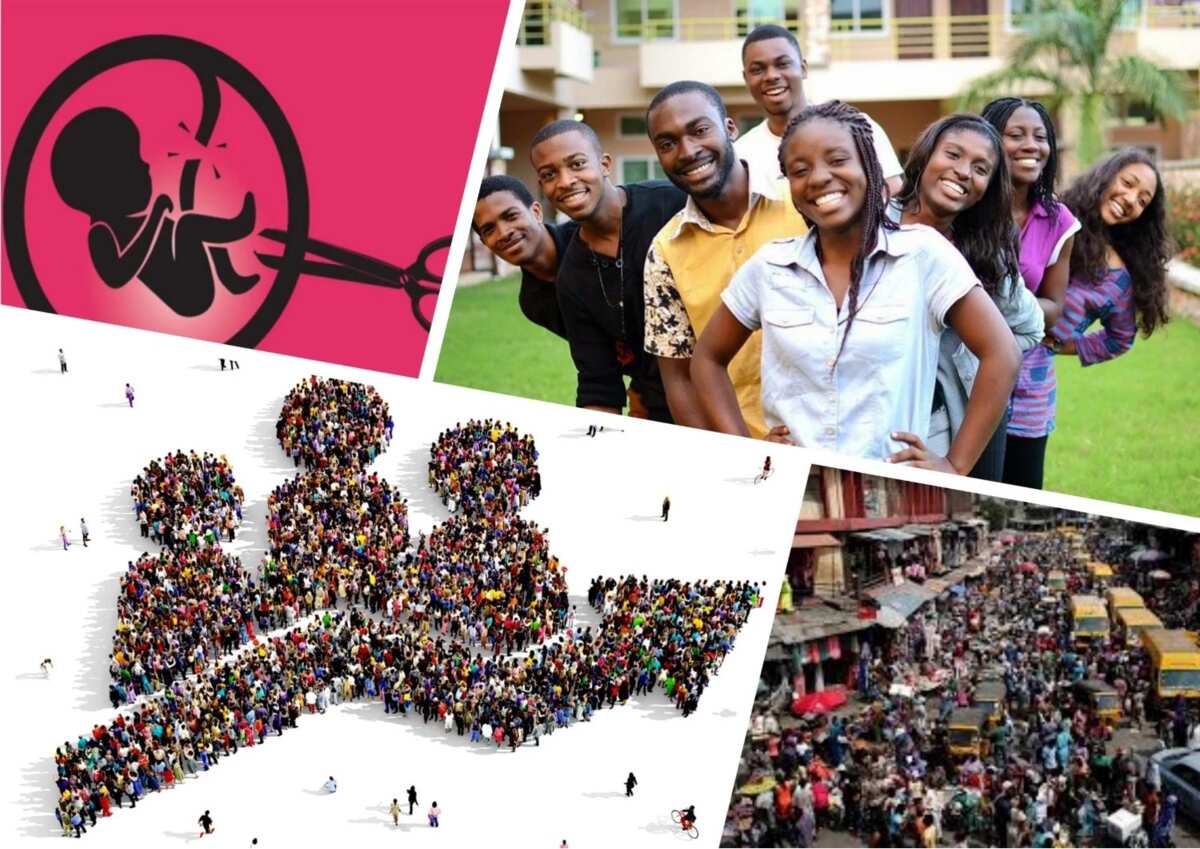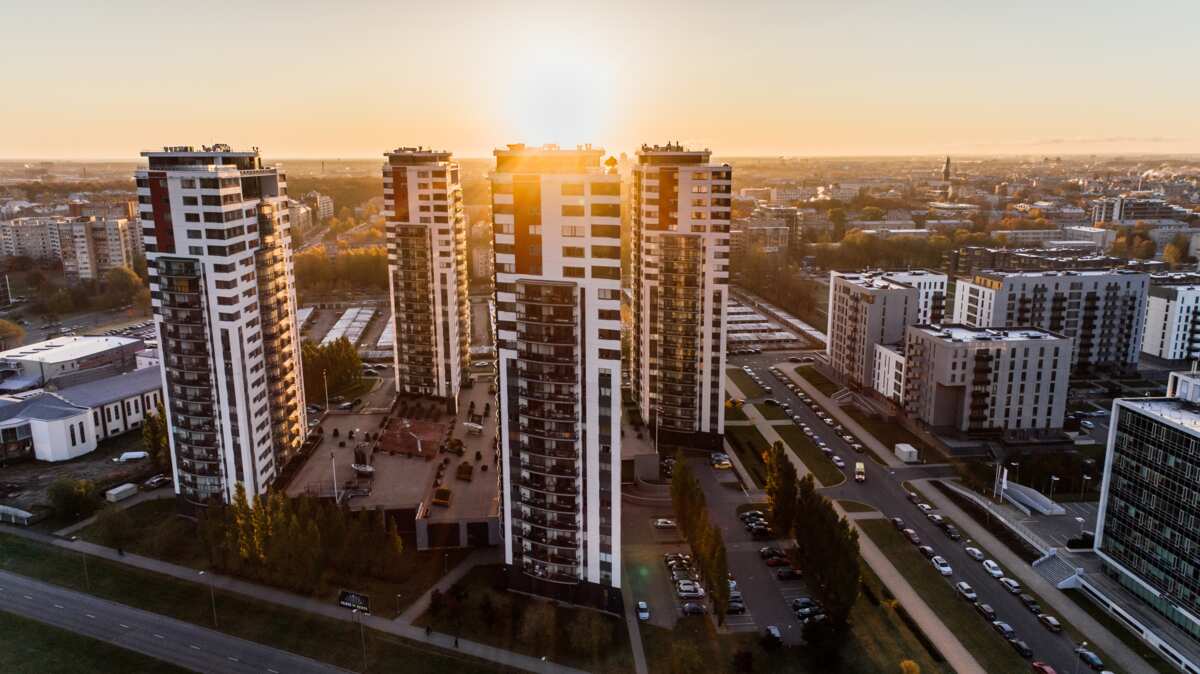Has your friend recently moved to the city or perhaps you are considering doing so yourself to pursue better career opportunities? Well, you are not the only one interested in migrating from the countryside to the city, this is very common in the country these days. The urban areas hold more opportunities for youths, but it also holds some challenges for the Nigerian government. Let us find out the different problems of urban development and urbanization Nigeria and many other countries are facing.

The urbanization in cities in Nigeria
Due to the recent development of city sides and urban areas, more people have moved from the rural areas to the city. The urbanization process has been very alarming in Nigeria and has brought several advantages and disadvantages to the Nigerian society.
The positive results of urbanization include more educated youths, new job opportunities and city development. However, the rural-urban drift has also caused a number of issues such as poverty, floods, squatter settlements, unemployment, air and noise pollutions, new slums and overpopulation.

Read also
Nigeria's social problems in Nigeria and possible solutions

READ ALSO: The most developed state in Nigeria 2017
The urbanization in most developing countries has affected the functions of different social institutions including families, religion, economy, health and educational sectors. Industrialization and modernization processes has improved the lives of citizens but at the same time, increased the poverty level in cities. This poverty goes hand in hand with unemployment and uncontrolled migration. The challenges of urbanization are obvious and very hard to handle.
There is undoubtedly a very high rural-urban drift in Nigeria, and this has caused so many problems. What are these problems and what can be done to minimize them; let us take a look at the major ones in Nigeria.
Housing in Nigeria and urbanization
When too many people decide to move to the city, the government can not always be able to provide fair housing for them. Many specialists have described the living conditions in Nigeria as highly deplorable. More than 60% of urban dwellers, especially the ones who live in Lagos, are not satisfied with their living conditions.

Read also
What are the 10 major political problems in Nigeria today?

The cities have become overcrowded and cannot meet up to the migrants’ expectations. The problems mentioned by locals are the high rates of rent, overcrowding and infrastructural inadequacies. Moreover, over 75% of Nigerian houses are substandard and not good enough. It is believed that right after moving to the city, majority of migrants live in slums since they do not have enough money to have better living conditions. The over-crowded cities with poor sanitary conditions and lack of basic facilities cause and increase in crimes and poverty in society.
Settlers cannot afford the high housing rent in the urban areas, therefore they struggle to live in slums, sleep in abandoned houses and sometime even under bridges. It is true that urbanization has had some positive effects on the building sector, however, it has done more harm than good.

Poverty as a result of urbanization
In 1985-1992, the total poverty level in Nigeria increased from 10.1 million people to 13.9 million respectively and the amount of urban poor dwellers increased from 1.5 million to 4.3 million people.

Read also
Environment issues in Nigeria: problems and solutions
The poverty is a big problem, which causes the hunger, depression, the appearance of more homeless people. Since the city government cannot satisfy all consumers’ needs, it leads to the poverty and fear for tomorrow. The children have no access to the education; adults cannot afford the life they want to have.

The Nigerian government has been working on achieving the development goals by 2015. Nevertheless, it seems that it is a very hard task to eliminate the extreme poverty and hunger. It is estimated that more than 70 million Nigerians are still living in poverty.
Poverty in the urban areas is even more visible since there are not a lot of job opportunities and infrastructural facilities available for all migrants; it is no wonder the level of poverty has declined in rural areas and increased in urban areas.
Crimes and urbanization
There is always an increase in the rate of crime in areas where a lot of people live. This increase in crimes usually comes as a result of the different backgrounds of migrants and rapid urbanization.

Read also
10 main factors of population growth in Nigeria

The types of crimes which occur in Nigerian urban centers are mostly robbery and kidnapping. There is also a rise in fraud and prostitution. All these factors contribute in making the cities unsafe. Due to the high level of unemployment in urban areas, migrants choose to violate laws and commit crimes to earn money illegally; this has also forced the Nigerian Police to increase the number of policemen patrolling the streets. It used to be 1 policeman to 5,000 people, unlike in developed countries where the ration is 1 policeman to 400 citizens.
The disproportion between the security strength and population in Nigeria leads to unstable situations in cities. In many urban areas in Nigeria, people do not feel safe enough to walk on the streets at night to protect their lives and properties.

Food problems and urbanization
The high rate of rural migration threatens access to food supply and its security in both urban centers and rural areas. Due to the mass migration of rural people and farmers to the cities, a lot of farms have been abandoned and the amount of food being grown has decreased.

Read also
Important problems of waste management in Nigeria

The lands in the cities are more suitable for building purposes than for planting; for this reason, farmers use more pesticides and fertilizers to grow food faster to satisfy market’s demand. Moreover, since there is a big demand for food being sold on the streets, a lot of sanitary norms are not being followed by the sellers.
Due to rapid urbanization, the prices of food tend to be very high, which makes it difficult for people to buy food and afford 1 good meal per day.
Urbanization and unemployment
One of the main consequences of the rapid urbanization process in Nigeria is unemployment. It is also the most visible of all the problems. Rural-urban migration has greatly increased the rate of unemployment in Nigeria from about 5.5% to 6.5%.

The reason why the unemployment rate is so high is due to those migrants who come from the rural areas or any other African country to find jobs, which are not even available in the urban areas and big cities. Moreover, not all of them are qualified for the positions.

Read also
What is the average cost of living in Nigeria? Compare the stats now
Environmental problems and urbanization
Since more people tend to move to the city, this migration process leads to some serious environmental problems. In Nigeria, there are different types of environmental problems. Urbanization particularly causes water, air, land and noise pollution problems. These problems lead to more serious issues like global warming. The climate changes rapidly in urban areas as a result of industrial activities; this rapid climate change causes a lot of health hazards such as skin and respiratory diseases.
The culture and habits of people living in cities are very diverse, a lot of people do not even care about sanitation. The habits of some migrants causes slum development and pollution in general. A lot of problems also spring up due to improper and insufficient waste recycling programs. Since there is no system of recycling, the amount of trash in urban area increases.

The environmental problems in the urban areas also have a big impact on the health condition of citizens. It causes both mental and physical problems in Nigeria that can be noticed in different societies; for example, the residents of slums usually have deviant attitudes, can not make effective decisions and do not react to government programmers. They live an anti-social life and get involved in prostitution and criminal activities.

Read also
Top 10 richest local governments in Nigeria: Which ones are they?

Urbanization is an unavoidable process in every part of the world. People always want to move to places where they think they will have a better life and find more opportunities. Even though the urbanization process contributes to the economic growth and development of private sectors, it should be controlled in Nigeria.
READ ALSO: How to tap sustainable profits from Nigerian cities’ wastes
Source: Legit.ng
ncG1vNJzZmivp6x7rbHGoqtnppdkfnJ%2Fj2ttcWWgp7yjuMSmqmatopeur7XZmquip55iu6qzxKugmmaYqbqt